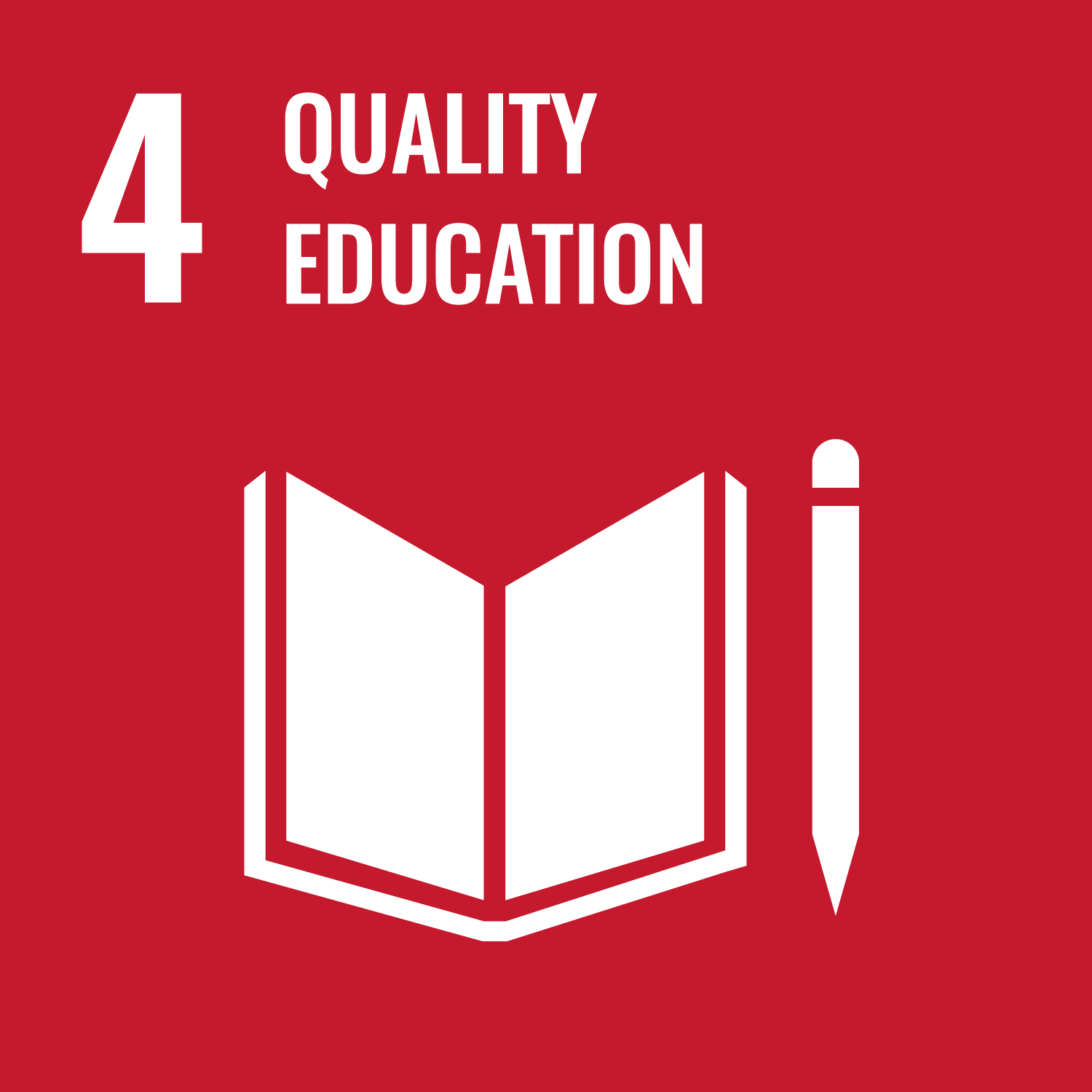Ranathunga, A. orcid.org/0000-0001-8746-5326 Exploring the Applicability of Flipped Micro-Modules in Empowering Postgraduate Students for Self-Directed Learning: A Pilot Study. In: UK Horizons in STEM Higher Education Conference 2024, 26-27 Jun 2024, Bristol, UK. (Unpublished)
Abstract
Self-directed learning (SDL) is increasingly recognized as essential in modern education for fostering lifelong learning and continuous professional development. Critiques of conventional learning methodologies by scholars and students alike underscore the need for pedagogical transformation. This pilot study investigates the effectiveness of Flipped MicroModules (FMM) in promoting SDL among postgraduate engineering students.
A pilot study with 13 postgraduate engineering students, predominantly international, evaluated FMM's efficacy. Five micro-modules, progressively transitioning from familiar to complex topics, facilitated acclimatization. Asynchronous components crafted using the "Evolve" e-authoring tool, prioritized user-friendliness, active learning, and digital accessibility. Synchronous components consisted of inquiry-based and peer learning activities. The evaluation comprised three stages: initial surveying of SDL experiences, feedback on the applicability of FMM for SDL, and analysis of student engagement through learning analytics.
Results reveal a pronounced satisfaction among students with FMM, notably acknowledging the efficacy of mini-lessons in facilitating SDL. Particularly noteworthy is the positive feedback from a neurodivergent student, who found FMM favourable to self-paced learning and meaningful engagement. Furthermore, the study shed light on FMM's impact on academic performance and overall learning experiences, suggesting potential applicability in undergraduate education, particularly for novice learners. Endorsement of FMM by students, coupled with robust participation and attendance metrics gathered from learning analytics, underscored its efficacy in fostering SDL. Challenges such as maintaining motivation and managing time during SDL were identified, yet effectively mitigated by FMM. Overall, the findings advocate for the integration of FMM as a promising strategy to promote SDL.
Metadata
| Item Type: | Conference or Workshop Item |
|---|---|
| Authors/Creators: |
|
| Copyright, Publisher and Additional Information: | This conference poster, for a presentation given at the Horizons in STEM Higher Education Conference 2024, is reproduced here with the permission of the author. |
| Keywords: | self-directed learning; flipped learning; microlearning; international students |
| Institution: | The University of Leeds |
| Academic Units: | The University of Leeds > Faculty of Engineering & Physical Sciences (Leeds) > School of Civil Engineering (Leeds) |
| Depositing User: | Symplectic Publications |
| Date Deposited: | 16 Jan 2025 10:53 |
| Last Modified: | 17 Jan 2025 08:00 |
| Status: | Unpublished |
| Related URLs: | |
| Sustainable Development Goals: | |
| Open Archives Initiative ID (OAI ID): | oai:eprints.whiterose.ac.uk:221851 |


 CORE (COnnecting REpositories)
CORE (COnnecting REpositories) CORE (COnnecting REpositories)
CORE (COnnecting REpositories)